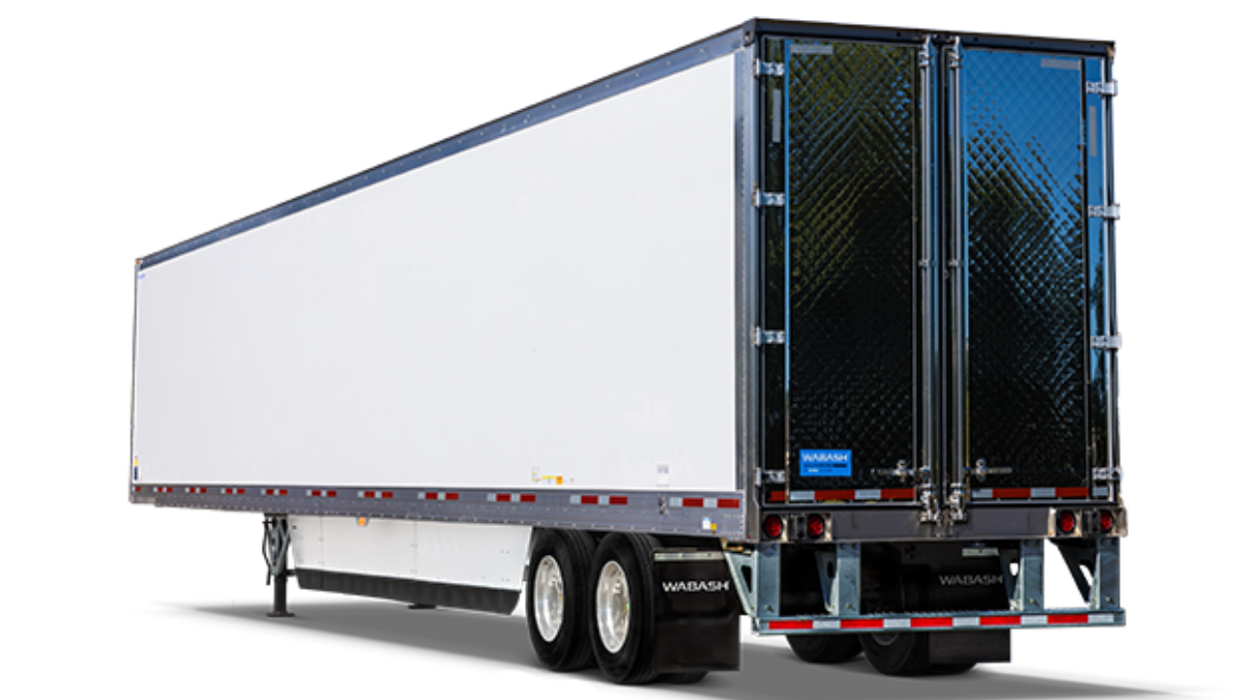The freight equipment original equipment manufacturer (OEM) Wabash will use a federal grant to launch a project with the University of Delaware that will save electricity by incorporating lightweight solar panels into refrigerated trailers and truck bodies, the Indiana company said today.
Funding for the design will come from a $1.6 million grant award from the U.S. Department of Energy (DOE) Solar Energy Technologies Office (SETO) to support a research and development project aimed at decarbonizing the commercial transportation industry.
The three-year project, set to begin next year in partnership with the University of Delaware’s Center for Composite Materials, is intended to play a pivotal role in making zero-emission mid-mile transportation a commercially viable option, Wabash said.
Specific technologies used in the project will include Wabash’s EcoNex composite material designed to enhance thermal efficiency and reduce energy consumption, while the University of Delaware will contribute its TuFF technology, which utilizes recycled aerospace-grade carbon fiber to strengthen and lighten the trailers and truck bodies.
Those materials are important because batteries powering heavy trucks can weigh between 5,000 to 10,000 pounds, often limiting the payload capacity and drawing significant energy from the electrical grid when charging, the partners said.
“This project has the potential to revolutionize refrigerated transport by reducing reliance on the electrical grid and minimizing overall emissions,” Michael Bodey, director of technology discovery and innovation at Wabash, said in a release. “While many of today’s zero-emission products focus on tailpipe emissions, they still draw power from energy grids, which often rely on non-renewable sources. Our goal is to offer a truly green solution—a well-to-wheel approach—that accounts for the full life cycle of energy consumption, from production to usage.”
















